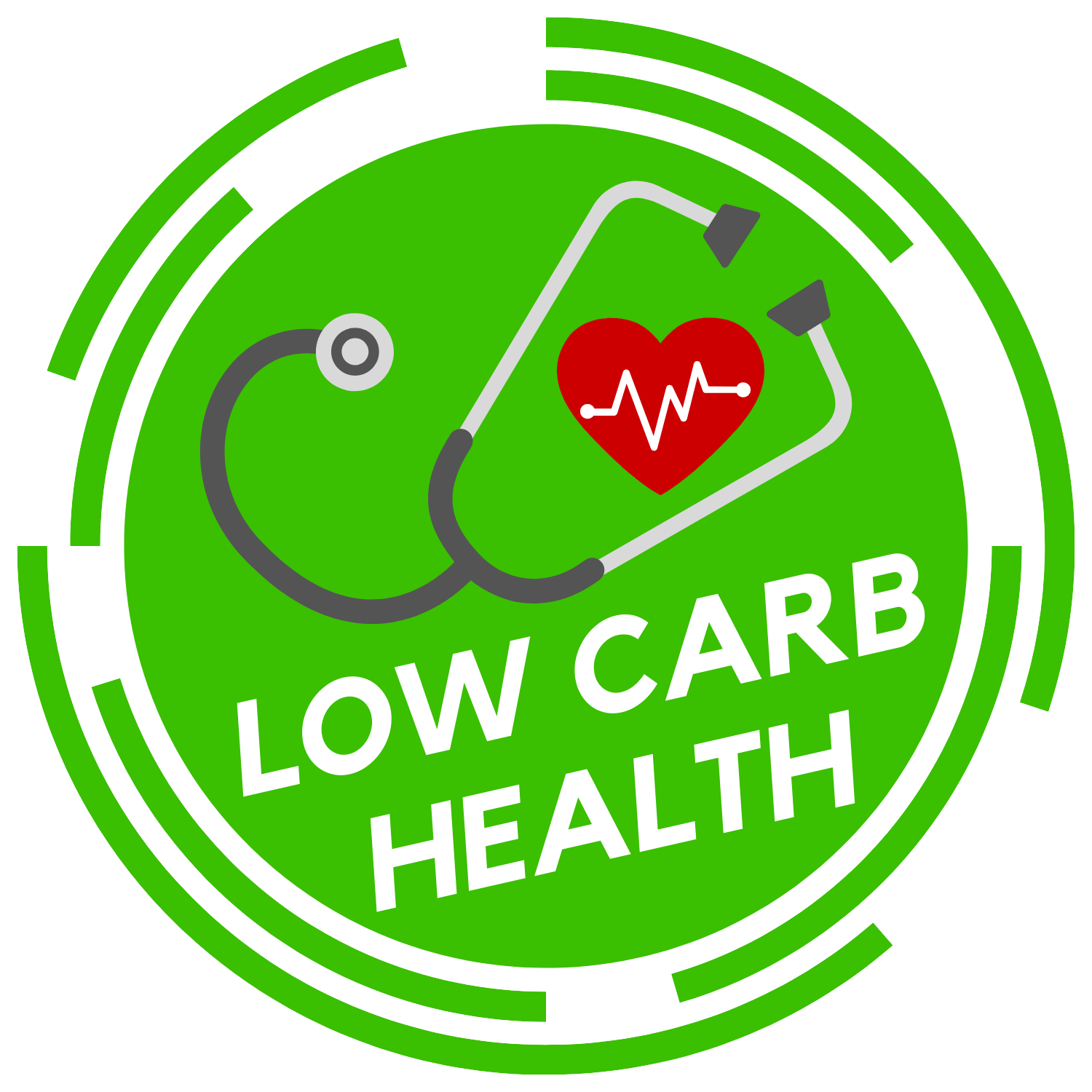I have been repeatedly asked about this particular news item that has been first published by the American College of Cardiology website in time for its annual scientific session last March 5, 2023. It says “’Keto-Like’ Diet May Be Linked to Higher Risk of Heart Disease, Cardiac Events,” apparently a study made by Dr. Iulia Iatan and colleages from the University of British Columbia in Vancouver, Canada. How true is this? Does that mean we now have to stop keto or LCHF? Let’s talk about it!

KETO-LIKE DIET CAUSES HEART ATTACK?
This supposed study cited is by Dr. Iulia Iatan as the lead author, from the University of British Columbia in Vancouver, Canada. This is a link to her interview about this study during the American College of Cardiology (ACC) Annual Scientific Session last March 4-6, 2023 at New Orleans, Louisiana.
I initially thought that article wouldn’t get that much attention. But look at how Internet media is spreading it like wildfire!
As of the time of writing this blog, CNN, Medscape, WebMD, VegNews and a couple of others have caught the bug. According to a headline from the VegNews site (a site that smells a lot like vegan or vegetarian propaganda), “Doctors Issue Warning on Keto Diets Following Study on Heart Attack Risk” WOW! It then asks: "Is a plant-based diet better for weight loss?”

MY COMMENTS TO THIS STUDY
"KETO-LIKE"?
FIRST off: “Keto-Like” - I have an issue with that. What in the world is “keto-like”? Is there really such a thing? I feel like it’s the same as saying that you have “fever-like” symptoms? It’s either you have a fever or not! Or in the same manner, if I see you in the clinic, you either have a headache or not! If you tell me you have a headache-like symptom, what in the world is that? But if you are on a “keto-like” diet, are you really on keto? In other words, are you really in that state of nutritional ketosis if you are “keto-like”? I don’t think so.
LCHF IS <25% CARBS?
SECOND: I don’t agree with LCHF that is <25% carbs. Is that why it’s called “keto-like”? That’s way too much carbs. For a 2,000 kcal diet, that’s a maximum of 125g carbohydrates. You wouldn’t be in ketosis, and you wouldn’t get the benefits that you’re supposed to expect from nutritional ketosis. I don’t see their point in doing that. Now I don’t know if they are doing that intentionally or inadvertently.
STUDY IS OBSERVATIONAL
THIRD: In fairness, Dr. Iatan and colleagues acknowledged that their study was observational, so no cause and effect relationship can be established. The best it can provide is some kind of association. This study is not yet published, and is still up for peer review as of this writing.
STUDY LIMITATION: ONE-TIME 24-HR DIET QUESTIONNAIRE
FOURTH: They have a limitation – and I bet this limitation is quite very significant for this study. The participants completed a one-time self-reported 24-hour diet questionnaire about more than 11 yrs ago on the average. And that’s how they identified the supposedly LCHF group. Frankly, who knows what they’ve been actually eating and doing BEFORE and AFTER that 24-hour period?
INCOMPATIBLE AVERAGE BMIs
FIFTH: It says those on the allegedly LCHF diet group has an average BMI of 27.7. Now that’s overweight! It’s hard to imagine how those on strict LCHF diet could get to be as overweight as that! And the very amazing thing is – that is even much HIGHER than the average BMI of 26.7 for those apparently doing the so-called standard diet!
AN OUTMODED PARADIGM: LDL = "Bad" vs. HDL = "Good" CHOLESTEROL
LAST: They said something about “LDL cholesterol” as the “bad cholesterol.” I think that definition is already much, much delayed for update. As Prof. Ken Sikaris would say, if your thinking is still within the paradigm of the HDL as “good cholesterol” and LDL as the “bad cholesterol,” then you’re at least 20 years passe. We should all know that LDLs have to be segregated into the “good” kind of LDL that is large and buoyant (or lbLDL), and the “bad” kind of LDL which is the small and dense sdLDL.

In the first place, cholesterol shouldn’t have been demonized by inappropriately calling these lipoprotein carrier molecules as “cholesterol.” They should have been properly called “lipoproteins” at the outset because that’s what they are. So as to avoid confusion for both researchers and the general public, they should NOT have been called “cholesterol” per se. And these lipoproteins as they travel through the bloodstream get modified as they offload their lipid cargo - starting off as the large VLDL right out of the liver, becoming smaller and smaller until they get to have the configuration of an HDL lipoprotein.


So that’s it. If you want to share your own thoughts about this study leave them down in the comments below. Subscribe to the Low Carb Health Doctor channel and podcasts to be updated of new blogs and videos. Let’s fight Metabolic Syndrome! And let’s go Livin’ La Vida Low Carb!



Comments ()